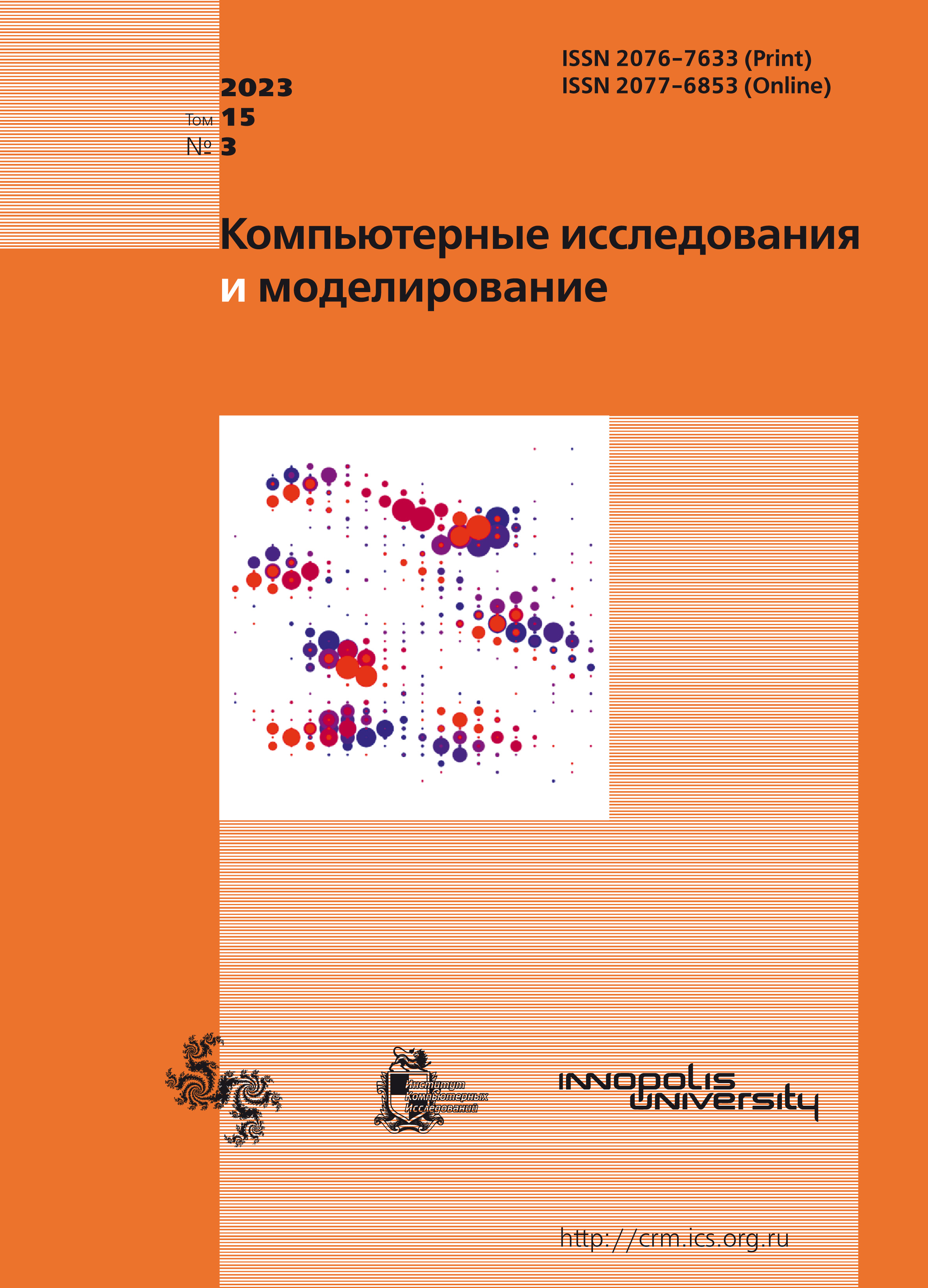All issues
- 2025 Vol. 17
- 2024 Vol. 16
- 2023 Vol. 15
- 2022 Vol. 14
- 2021 Vol. 13
- 2020 Vol. 12
- 2019 Vol. 11
- 2018 Vol. 10
- 2017 Vol. 9
- 2016 Vol. 8
- 2015 Vol. 7
- 2014 Vol. 6
- 2013 Vol. 5
- 2012 Vol. 4
- 2011 Vol. 3
- 2010 Vol. 2
- 2009 Vol. 1
Frequency, time, and spatial electroencephalogram changes after COVID-19 during a simple speech task
 pdf (1313K)
pdf (1313K)
We found a predominance of α-rhythm patterns in the left hemisphere in healthy people compared to people with COVID-19 history. Moreover, we observe a significant decrease in the left hemisphere contribution to the speech center area in people who have undergone COVID-19 when performing speech tasks.
Our findings show that the signal in healthy subjects is more spatially localized and synchronized between hemispheres when performing tasks compared to people who recovered from COVID-19. We also observed a decrease in low frequencies in both hemispheres after COVID-19.
EEG-patterns of COVID-19 are detectable in an unusual frequency domain. What is usually considered noise in electroencephalographic (EEG) data carries information that can be used to determine whether or not a person has had COVID-19. These patterns can be interpreted as signs of hemispheric desynchronization, premature brain ageing, and more significant brain strain when performing simple tasks compared to people who did not have COVID-19.
In our work, we have shown the applicability of neural networks in helping to detect the long-term effects of COVID-19 on EEG-data. Furthermore, our data following other studies supported the hypothesis of the severity of the long-term effects of COVID-19 detected on the EEG-data of EEG-based BCI. The presented findings of functional activity of the brain– computer interface make it possible to use machine learning methods on simple, non-invasive brain–computer interfaces to detect post-COVID syndrome and develop progress in neurorehabilitation.
Copyright © 2023 Vorontsova D.V., Isaeva M.V., Menshikov I.A., Orlov K.Y., Bernadotte A.
Indexed in Scopus
Full-text version of the journal is also available on the web site of the scientific electronic library eLIBRARY.RU
The journal is included in the Russian Science Citation Index
The journal is included in the RSCI
International Interdisciplinary Conference "Mathematics. Computing. Education"






